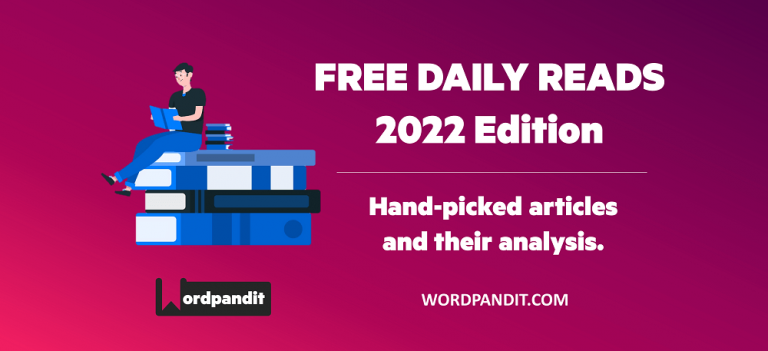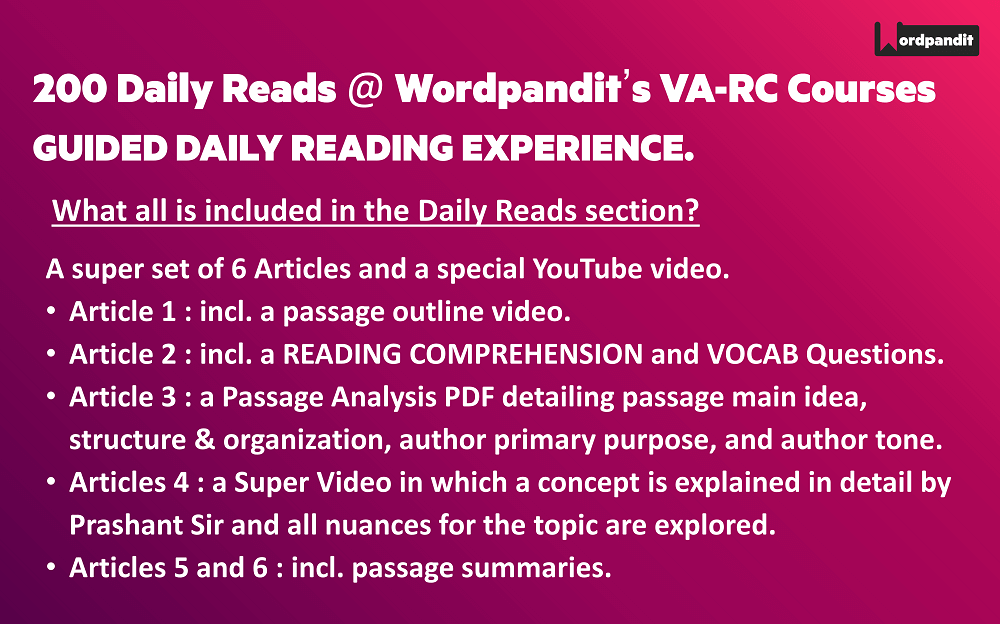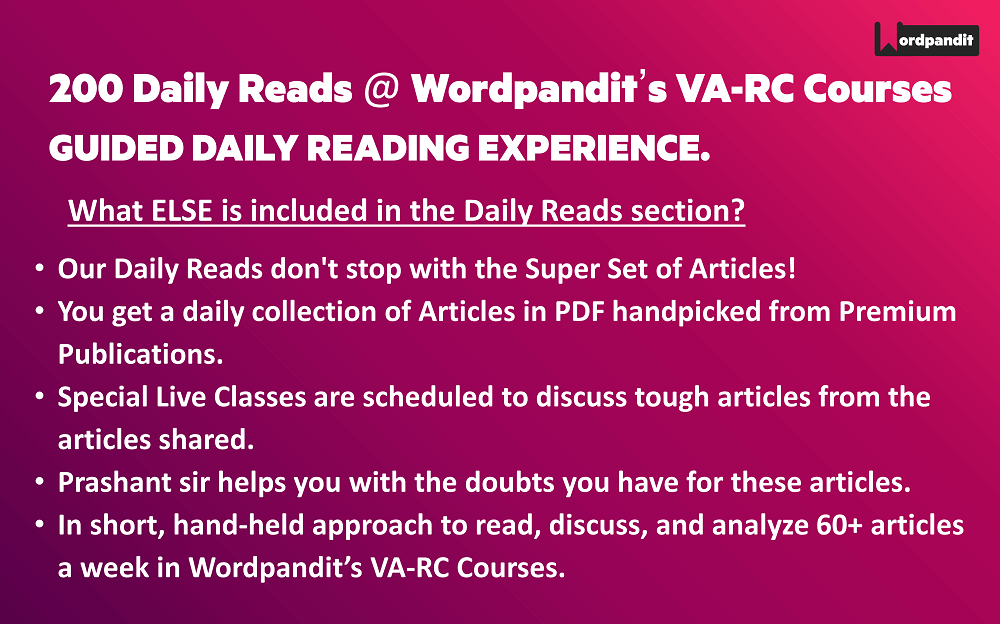Article Title: Why do authors have to be ‘moral’? Because their publishing contracts tell them so
Article Summary
In this article, the author addresses the predicament of morality clauses in publishing contracts. Originally conceived as a Hollywood weapon, this legal loophole was designed to oppress women, especially in regard to sex and to intimidate actresses from disgraceful hanky-panky. The author finds it ironical that they are now being used in the wake of #MeToo movement to thwart the oppression of women. The author thinks that enshrining mob rule in legal contracts will only further embolden them as word that spreads outrage on digital steroids can not only hound and intimidate writers, but can consign years of their hard work to the bin. These contracts put the writers in a disadvantaged position, confining their scope of discussion which the author feels is inimical to producing a well-educated, open-minded public, better capable as a collective of solving global problems. He sees no end to this culture and his only hope rests in the institutions and legacy publishing housing to act as buttresses against mob rule. He calls out those people who readily fold in front of every mob and expects them to push back and stop giving contractual weight to the tweet. Until that day comes he can only hope that these faddish communal temper tantrums will eventually exhaust themselves, if for nothing then at least out of boredom.
Article Link: Click here to read the full article
Words to learn from this Article:
Proclivity: a tendency to choose or do something regularly; an inclination or predisposition towards a particular thing.
Congenial: (of a person) pleasing or liked on account of having qualities or interests that are similar to one’s own.
Sanctimonious: making a show of being morally superior to other people.
Enticing: attractive or tempting; alluring.
Orthodoxy: the quality of conforming to orthodox theories, doctrines, or practices.
Tempest: a violent windy storm.
Pestilence: a fatal epidemic disease, especially bubonic plague.
Consternation: a feeling of anxiety or dismay, typically at something unexpected.
Capitulation: the action of ceasing to resist an opponent or demand.
Monolithic: (of an organization or system) large, powerful, indivisible, and slow to change.
Pariahs: an outcast.
Want more Daily Reads? Explore here:













